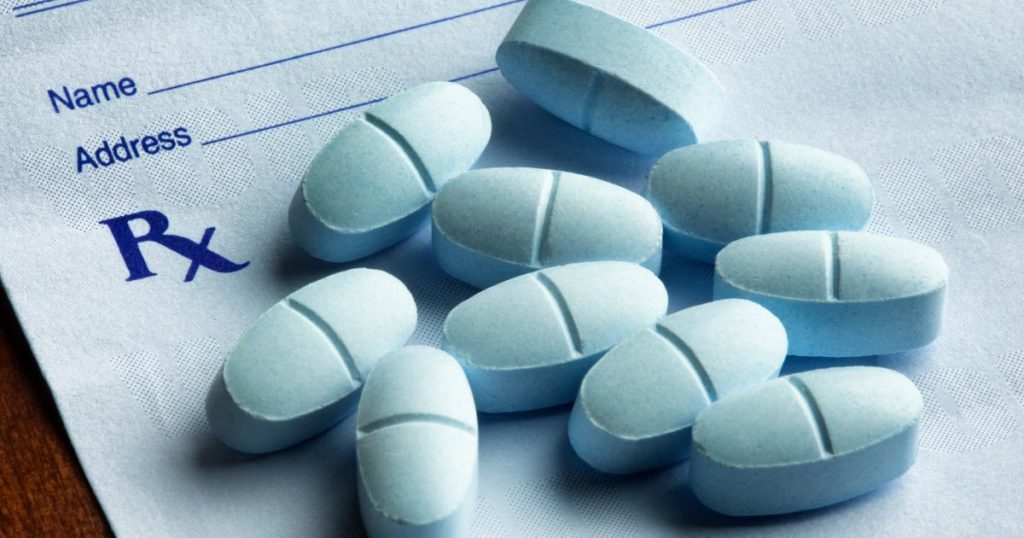
The U.S. Department of Health and Human Services (HHS) has announced an agreement with Millennium Health to provide near real-time drug testing data that will enhance efforts and targeted approaches in fighting the overdose crisis in the U.S. This donation will improve HHS’ work with state and local officials on drug trends in their areas to target coordination of preventive healthcare resources to avoid overdoses.
The data donated from Millennium Health’s Emerging Threat Intelligence Program will include regular reporting of drug use trends from definitive urine drug-test results obtained from all 50 states, the District of Columbia and multiple medical practice types with a unique capability to identify community level indicators of illicit drug use. This de-identified and aggregate data allow for enhanced surveillance and analysis of emerging drug use trends, providing a more timely estimation of these changes prior to the reporting of drug overdose deaths.
“The Trump Administration recognizes the power of current data in the multi-pronged efforts to curb the drug overdose epidemic. With frequent reporting of drug testing data, HHS can work with city, county and state public health officials to provide resources to help reduce crisis points and save lives,” said Assistant Secretary for Health Admiral Brett P. Giroir, M.D. “The donation of this data is critical for reducing the occurrence of the substance use epidemic and reaching the people who need help most.”
The Millennium Health donation comes as we are seeing a sharp rise in the use of methamphetamine and increases in stimulant-involved overdose deaths. As reported in JAMA Network Open on January 3, 2020 ![]() , an evaluation of Millennium Health data shows that since 2016, rates of positive urine drug test (UDT) results have increased significantly by 42.44% for methamphetamine and 75.46% for fentanyl. These alarming results also revealed that among UDT results positive for fentanyl, methamphetamine positivity continued to increase significantly by 153.51%.
, an evaluation of Millennium Health data shows that since 2016, rates of positive urine drug test (UDT) results have increased significantly by 42.44% for methamphetamine and 75.46% for fentanyl. These alarming results also revealed that among UDT results positive for fentanyl, methamphetamine positivity continued to increase significantly by 153.51%.
Key aspects of the HHS five-point Opioid Strategy, which provides the overarching framework to leverage the expertise and resources of HHS to combat the opioid crisis, is to strengthen public health data reporting and collection to improve the timeliness and specificity of data and to inform a real-time public health response as the epidemic evolves. HHS’ access to timely data can prompt the provision of focused healthcare services at state and local levels in order to prevent drug overdoses, reverse non-fatal overdoses, and engage individuals in treatment.


Chattooga Public Safety
Most Recent Chattooga County Food Service Inspections

Chattooga Local News
Enroll Now: Chattooga Head Start Opens Registration for the New School Year!

Chattooga Local News
Chattooga County Seeking Volunteers to Join Emergency Response Team

Chattooga Outdoors
Have a Plan for Outdoor Adventures? Plan to be BearWise too!

Chattooga Local News
June and July May Mean Flightless Geese In Your Area

Bulloch Public Safety
05/27/2025 Booking Report for Bulloch County

Bulloch Public Safety
06/09/2025 Booking Report for Bulloch County

Bulloch Public Safety
06/02/2025 Booking Report for Bulloch County

Bulloch Public Safety
05/19/2025 Booking Report for Bulloch County

Bulloch Public Safety
05/16/2025 Booking Report for Bulloch County





